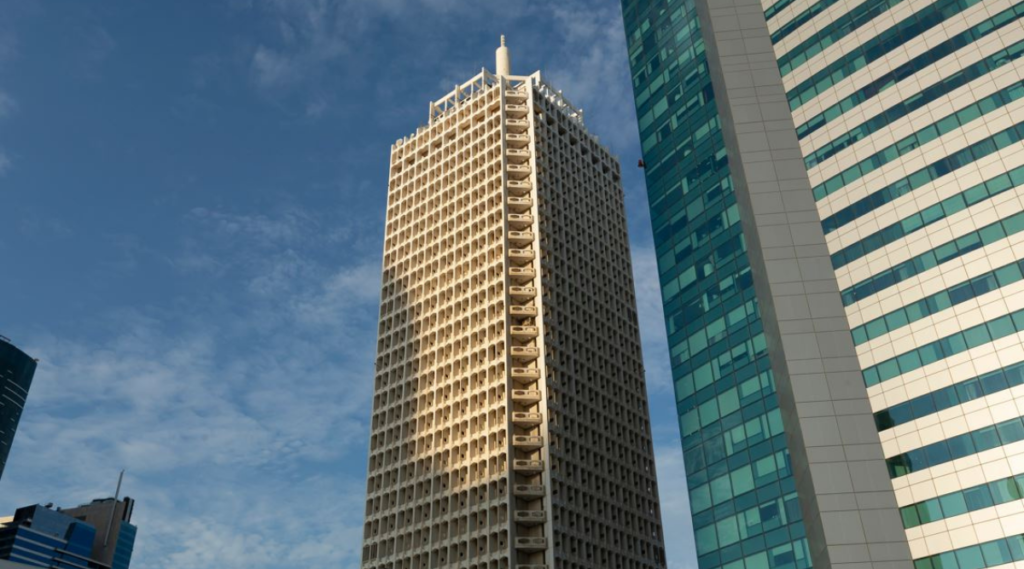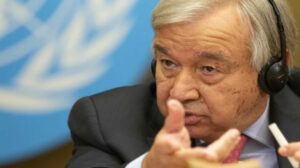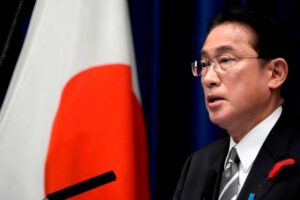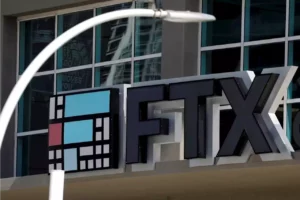
The Dubai World Trade Centre will become a comprehensive zone and regulator for virtual assets and cryptocurrencies, including digital assets, products, operators, and exchanges, as adoption of such investments picks up pace in the emirate. The authority will also design a comprehensive ecosystem for the sector, Dubai Media Office said on Monday. The move is in line with the government’s efforts to create new economic sectors and promote financial inclusion.
The UAE Securities and Commodities Authority and Dubai World Trade Centre Authority (DWTCA), reached an agreement in September that allowed the DWTCA approval and licensing of financial activities relating to crypto-assets. The Dubai World Trade Centre (DWTC) will become a crypto zone and regulator for cryptocurrencies and other virtual assets, the Dubai Media Office said on Monday, part of efforts to attract new business as regional economic competition heats up.
The move by the DWTC to create a specialized zone for virtual assets – including digital assets, products, operators, and exchanges – is part of a drive-by Dubai, one of the United Arab Emirates federation of seven emirates, to create new economic sectors, the statement said.
“Rigorous standards for investor protection, anti-money laundering, combating the financing of terrorism, compliance and cross border deal flow tracing,” will be developed, it said.
In September, the UAE Securities and Commodities Authority and the Dubai World Trade Centre Authority (DWTCA) agreed with a framework that allows the DWTCA to approve and license financial activities relating to crypto-assets. In October, another Dubai free zone DIFC, Dubai’s state-owned financial free zone, and the Middle East’s major finance center, released the first part of a regulatory framework for digital tokens.
The DWTC and the private sector will collaborate. It will establish strict investor protection standards, fight money laundering and financing terrorism, and track cross-border transactions in virtual assets and cryptocurrencies. Dubai is a world-leading center for trade, commerce, and technology. This step will continue to propel Dubai’s growth. Authorities said that the World Trade Centre would deliver and supervise a new, world-class regulatory framework for virtual assets legislative and enforcement policies.
It will “be crucial to facilitate and broaden cross-border operation and ecosystem innovation to allow safe market adoption to enable this sector to grow in Dubai”.
The UAE’s efforts to support banks and other financial institutions with new-age technology within the sector and manage the risks associated with their introduction are reflected in the DWTC announcement.
In the wake of the Covid-19 epidemic, investors have been clamoring for digital tokens. This is because homebound individuals are looking to invest their spare money in cryptocurrencies and digital tokens. Nickel Digital Asset Management in London found that at least half the UAE’s institutional investors surveyed this year indicated they intend to increase their exposure for cryptocurrency assets between now 2023.
The Central Bank of the UAE has no plans to accept or acknowledge cryptocurrency in the UAE. In fact, the dirham remains the sole legal tender of the country. Dubai and Abu Dhabi have created free zones to allow crypto entrepreneurs to open exchanges, while also establishing rules to protect consumers.
Financial industry regulators in the UAE and financial free zones in UAE issued guidelines last month to assist financial institutions in adopting enabling technologies. These guidelines were released by the Central Bank of the UAE and the Securities and Commodities Authority of the UAE International Financial Centre and the FSRA of ADGM.
Brock Pierce, a billionaire blockchain pioneer, recently stated that digital financial instruments can help bridge the digital divide to increase financial inclusion.



